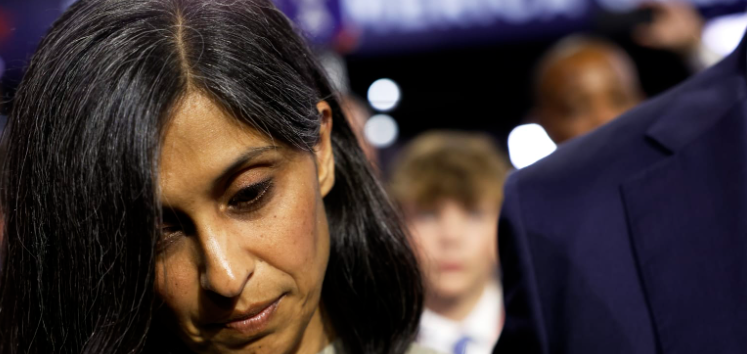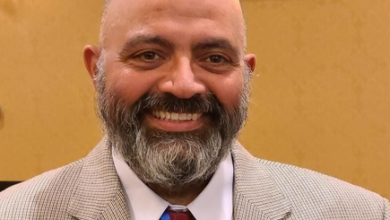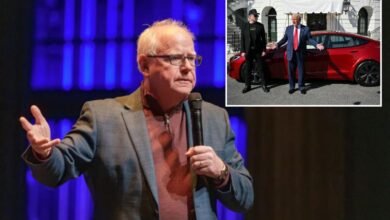Usha Vance’s Connections to Supreme Court Justices Raise Ethical Concerns

Recent reports highlighting Usha Vance’s connections to several Supreme Court justices have sparked ethical concerns and debates over potential conflicts of interest. Usha Vance, the wife of author and Ohio Senator J.D. Vance, has a notable legal career, but her close ties to members of the nation’s highest court are drawing increased scrutiny.
Usha Vance, a Yale Law School graduate, has clerked for Chief Justice John Roberts and Justice Brett Kavanaugh, two influential figures on the Supreme Court. These professional relationships are now being examined in light of her husband’s political career and legislative actions, raising questions about impartiality and ethical standards.
Critics argue that these connections could influence judicial decisions, especially on cases involving policies or legislation championed by Senator J.D. Vance. They point to the potential for conflicts of interest, where personal relationships might impact judicial impartiality. Given the Supreme Court’s role in adjudicating significant legal and constitutional issues, any perceived bias can undermine public trust in the judiciary.
Ethics experts emphasize the importance of transparency and accountability in such situations. “While professional relationships between clerks and justices are common, the overlap between judicial and political spheres requires careful scrutiny to ensure that there are no conflicts of interest,” said Professor Richard Hasen, an expert in legal ethics at the University of California, Irvine.
The Vance family’s connections have also sparked discussions about the broader implications for judicial appointments and clerkships. The close-knit nature of the legal community, particularly within elite institutions, often leads to overlapping professional and personal relationships. While these connections can be beneficial for career advancement, they also necessitate rigorous ethical oversight.
Supporters of the Vances argue that professional relationships should not automatically imply ethical breaches. They contend that Usha Vance’s qualifications and experience stand on their own merit and that her connections to Supreme Court justices are a natural result of her distinguished legal career. “Usha Vance is a highly respected attorney with a strong record of professional integrity. Her relationships with justices are purely professional,” said a spokesperson for the Vance family.
In response to the concerns, some legal scholars are calling for clearer guidelines and stronger enforcement of existing ethical standards. “We need robust measures to address potential conflicts of interest and maintain the integrity of our judicial system,” said Deborah Rhode, a professor of law at Stanford University.
The discussion surrounding Usha Vance’s connections to Supreme Court justices underscores the ongoing debate about the intersection of politics, law, and ethics. As the spotlight remains on the Vance family, the broader implications for judicial transparency and impartiality continue to resonate within the legal community and beyond.
For now, the focus will be on how these concerns are addressed by both the judicial and legislative branches, and what steps will be taken to ensure that public confidence in the Supreme Court remains steadfast.





